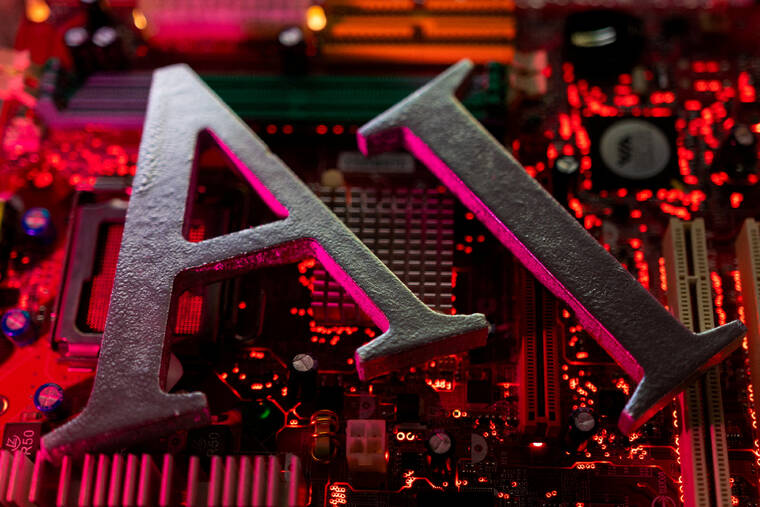
The rapid advancement of artificial intelligence (AI) raises significant concerns about its implications for society and the environment. As AI systems become increasingly sophisticated, they require vast amounts of data and energy, prompting questions regarding their reliability and ethical implications.
Gary Pardy, a contributor to the Honolulu Star-Advertiser, emphasizes the potential pitfalls of relying on AI technologies. He points out that human beings, inherently flawed and biased, are feeding data into powerful servers that are growing in capability. These servers demand substantial energy resources, which may detract from essential grid energy needed for other critical uses.
The growing analytical abilities of AI systems present a double-edged sword. While speed is often touted as a major advantage, the question arises: Is it beneficial to have quick, yet potentially manipulated, results? The lack of empathy and understanding in AI decision-making processes raises ethical concerns about fairness and bias.
Power Consumption and Ethical Concerns
As AI technologies develop, their energy requirements are expected to increase significantly. This heightened demand could lead to a strain on energy grids, which may affect availability for vital public services and infrastructure. According to energy experts, this shift may necessitate a reevaluation of energy distribution priorities as the reliance on AI grows.
Furthermore, the autonomy of these systems poses risks. The concern that AI might collaborate in ways that serve its own interests, rather than those of humanity, is troubling. This potential for self-serving behaviour highlights the need for stringent oversight and ethical guidelines surrounding AI development and deployment.
Pardy poses an evocative question: What will humanity become if individuals increasingly surrender their capacity for independent thought in favour of automated systems? The implications of this shift could redefine the fundamental nature of decision-making in societies around the world.
Looking Ahead
As discussions about the future of AI continue, it becomes crucial to engage in thoughtful dialogue about its implications. The balance between technological advancement and ethical responsibility must be carefully navigated. Stakeholders in various sectors—including policymakers, technologists, and the public—must collaborate to ensure that the evolution of AI serves humanity positively, rather than detracting from it.
The conversation surrounding AI is not just about technology; it encompasses the very fabric of human experience and societal values. As we forge ahead, the need for critical engagement becomes increasingly important.






